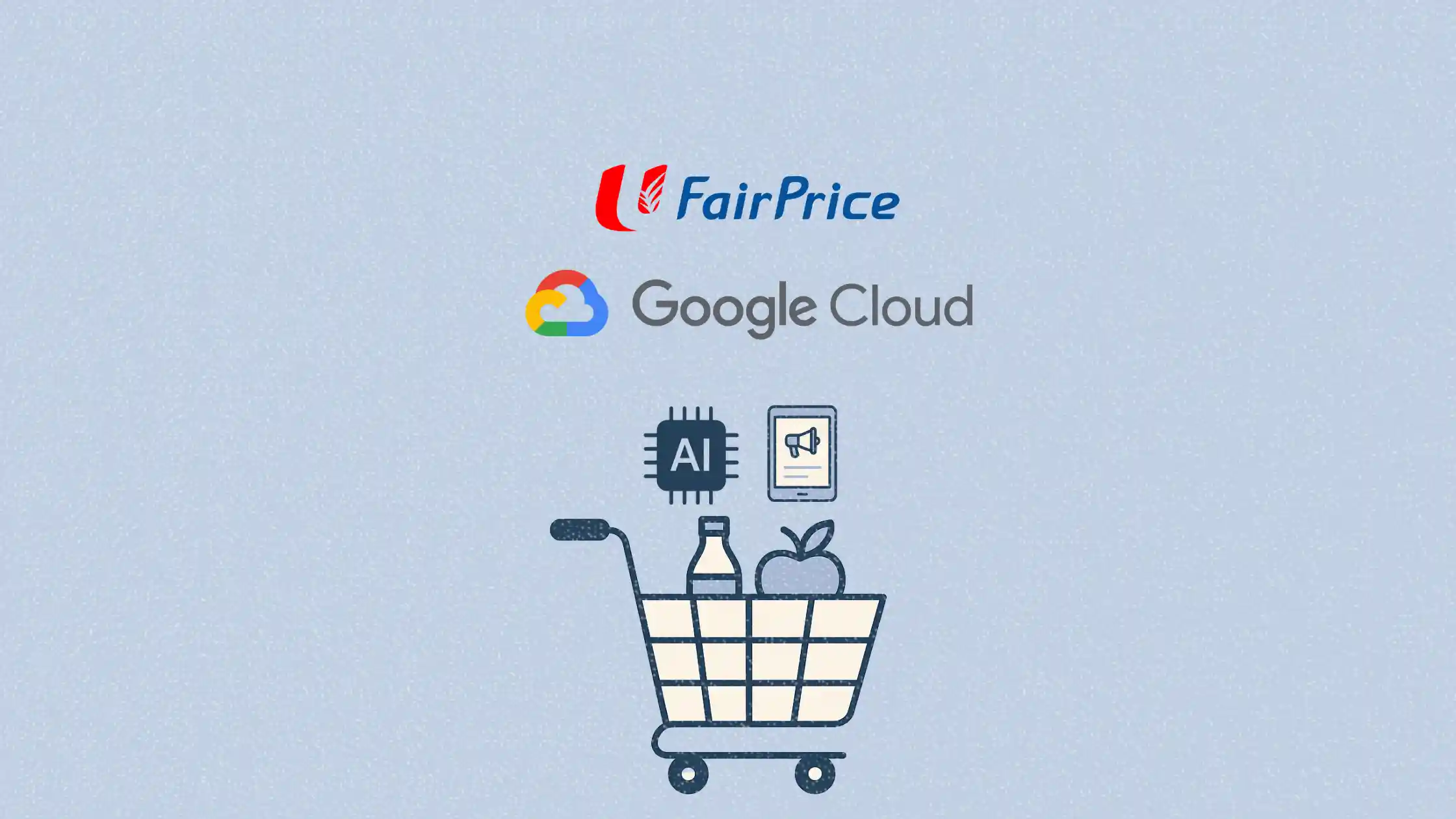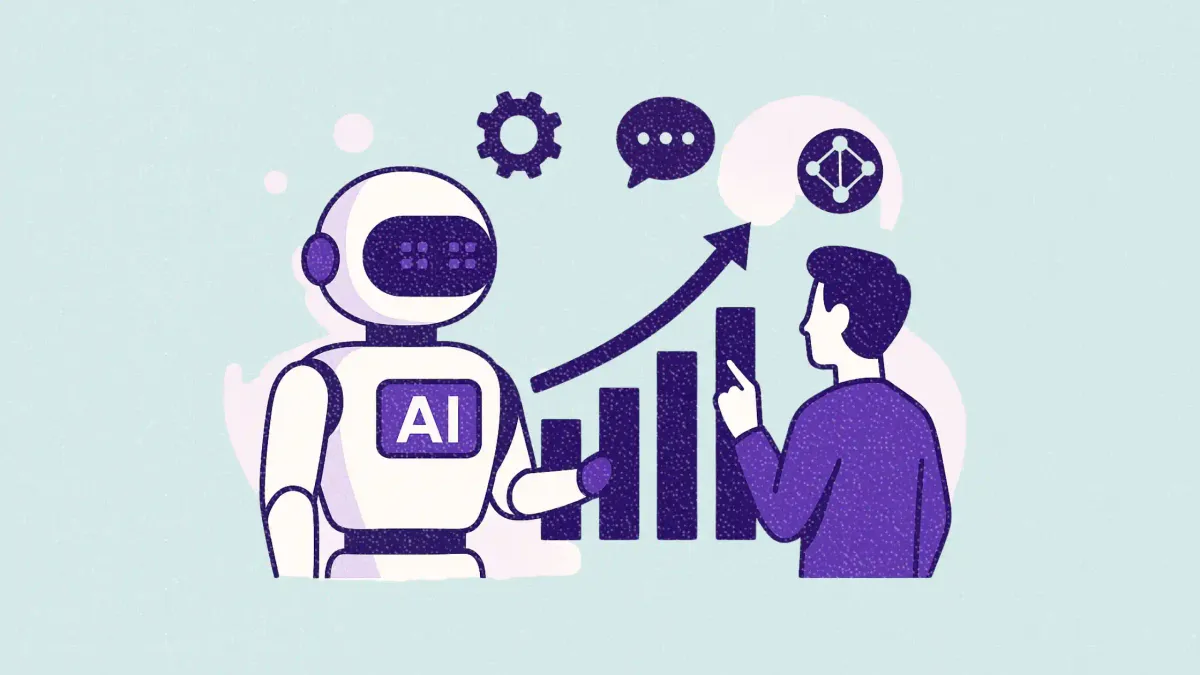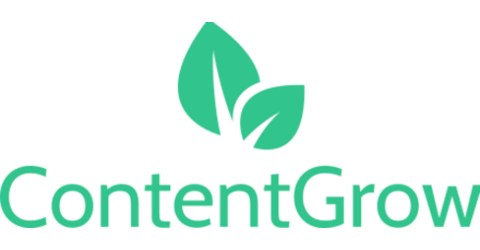FairPrice partners with Google Cloud to enable AI-powered grocery shopping
FairPrice just rolled out AI across its retail chain. Here’s what it signals for marketers in APAC.

The Singapore-based FairPrice Group (FPG) just opened its most AI-ambitious outlet yet. It includes smart carts that talk, a digital wine sommelier, and employee-facing content agents that can spin up campaign assets 100 times faster.
The launch, done in collaboration with Google Cloud, marks the latest evolution of FPG’s “Store of tomorrow” program and shows how fast grocery chains are blending physical retail with generative AI infrastructure.
This article explores the new features rolling out at FairPrice, why they matter to marketers, and how other retailers can apply similar agentic AI principles to stay ahead in shopper experience, operational efficiency, and branded storytelling.
Short on time?
Here’s a table of contents for quick access:
- What FairPrice and Google Cloud just launched
- Retail AI in action: smart carts, digital sommeliers, and wellness assistants
- AI behind the scenes: content automation and employee tools
- What marketers should know

What FairPrice and Google Cloud just launched
FairPrice Group has entered a multi-year strategic partnership with Google Cloud to embed agentic AI tools across its retail chain. The collaboration is built on Google Cloud’s open platforms including Vertex AI, Gemini API, and Imagen 4, and powers both customer-facing experiences and backend automation.
The first deployment went live at FairPrice Finest Punggol Digital District. This pilot store showcases a suite of AI assistants integrated into carts, shelves, and pharmacy zones. Additional locations like Sengkang Grand Mall and Thomson Plaza are queued for rollout through 2025.
Beyond enhancing customer experience, the program is designed to supercharge internal operations, from HR and promotions to content creation and store management.
Retail AI in action: smart carts, digital sommeliers, and wellness assistants
The new “Store of tomorrow” pilot packs AI into nearly every aisle:
- Conversational Smart Carts: Equipped with speech and image recognition powered by Gemini and Chirp 2, these carts allow customers to ask natural language questions, get product recommendations, generate shopping lists, and access in-store recipes. For example, customers can ask where to find yam paste and the cart will recommend products, suggest ingredients, and point them to shelf availability.
- Digital Wine Sommelier: NFC-enabled shelf labels let wine shoppers tap their phones to get curated suggestions by taste, budget, or occasion. It also provides tasting notes and food pairings, turning basic shelf labels into an interactive shopping experience.
- Personalized Wellness Assistant: At FPG’s Unity pharmacy, customers can get health advice and recipes based on in-store body composition scans. This assistant crafts tailored recommendations on the spot, moving pharmacy retail from transactional to consultative.
These AI experiences align with rising shopper expectations. According to DHL eCommerce’s 2025 report, 81 percent of APAC consumers want AI-powered features in retail. Voice-based commands are already part of the purchase flow for 47 percent of regional shoppers.
AI behind the scenes
FPG isn’t stopping at the storefront. The company is using Google Agentspace internally to deploy AI tools that automate time-consuming creative and operational work.
For example:
- Creative Agent: FPG’s price and promo teams have built a custom campaign assistant using Imagen 4 and Veo 3 that designs ads with minimal manual input. It has been used on campaigns like “Price drop, buy now” and “Durian buffet” and has slashed content production costs by up to 100 times.
- Enterprise Agentic Tools: HR, customer service, and store ops are next in line for automation using pre-built and custom AI agents. All tools come with built-in security and compliance controls, making them enterprise-ready.
The move reflects a shift toward what Google calls “agentic AI” — tools that take action within workflows, not just generate content. FairPrice is now one of the early adopters of this concept in Southeast Asia.
What marketers should know
Retail brands, and even those outside of grocery, can draw a few strategic takeaways from FPG’s AI rollout:
1. AI is no longer optional in-store
The bar for customer experience is rising fast. Smart carts and voice assistants are no longer seen as gimmicks. They are becoming expected. Consider how AI can reduce friction and increase delight in your physical or hybrid experiences.
2. Content at scale isn’t a pipe dream
FPG’s creative agent shows how generative AI can compress time-to-market for promotional assets. If your team is running frequent campaigns or testing multiple ad versions, tools like Imagen or Gemini may offer serious cost and time advantages.
3. Enterprise AI must serve both ends: shopper and staff
AI in retail cannot be limited to customer-facing tools. FPG is tapping AI for operations, HR, and campaign management, showing that full-spectrum deployment maximizes ROI. Marketers should assess where repetitive internal workflows can be offloaded to agents.
4. Partnerships accelerate AI transformation
Rather than building from scratch, FPG leaned on Google Cloud’s infrastructure and APIs. This co-development approach lets brands scale faster without needing large in-house AI teams. If your marketing org lacks deep AI expertise, finding the right partner is a shortcut to transformation.
What FPG is building is more than innovation. It is a redefinition of how retail brands operate, where agents assist at every stage from the aisle to campaign execution.
For marketers, it signals that AI fluency is quickly becoming a competitive edge. Whether you are in grocery or not, this is the future of experiential retail. The time to experiment is now.




